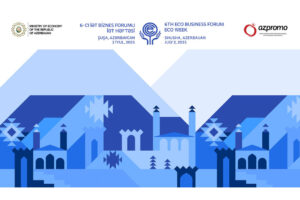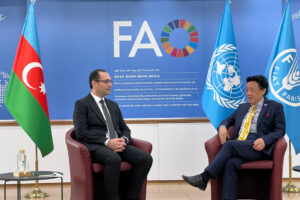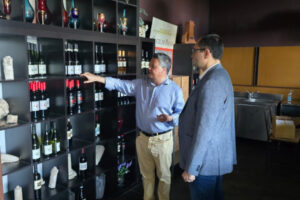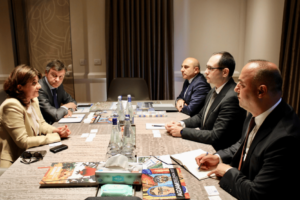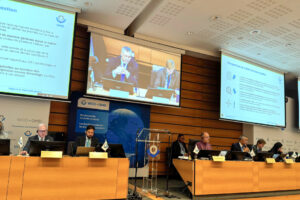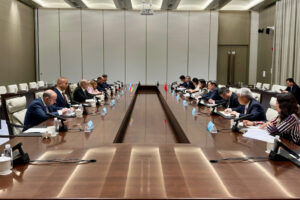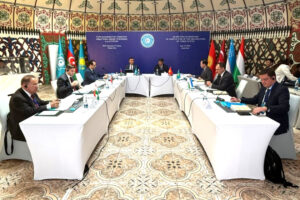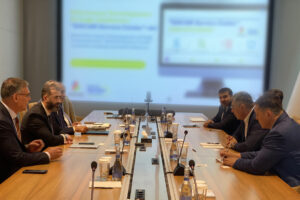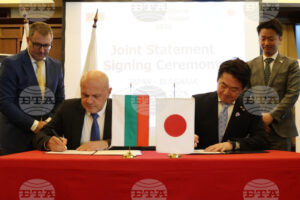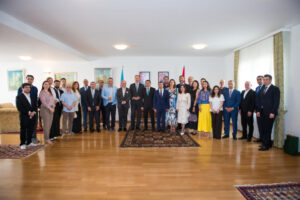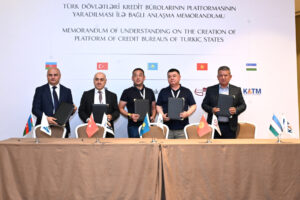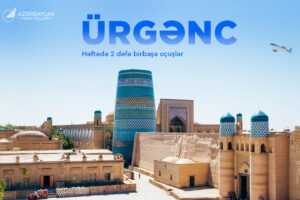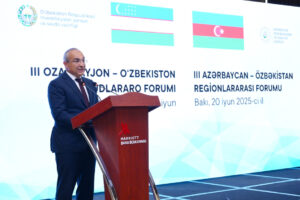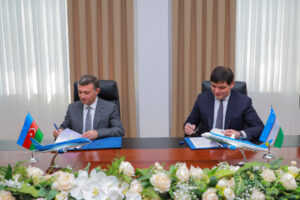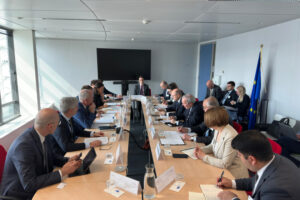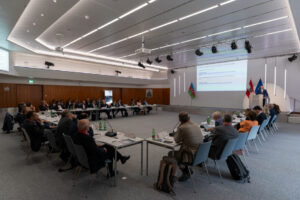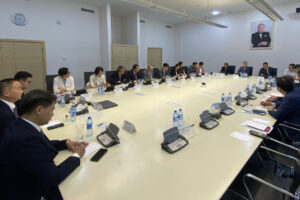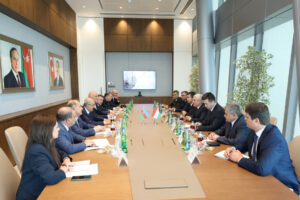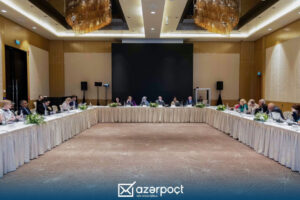Tokyo, 16 March, /AJMEDIA/
The 12th Global Baku Forum, organized by the Nizami Ganjavi International Center under the patronage of President Ilham Aliyev, continued on Saturday with several panel sessions.
One of the sessions, titled “Global Health in Crisis: New Frontiers in Preparedness and Equity,” was moderated by Benedetto Zacchiroli, President of the European Coalition of Cities Against Racism.
Teymur Musayev, Minister of Health of the Republic of Azerbaijan, emphasized that the healthcare industry will be significantly shaped by technological advancements, data-driven decision-making, and personalized medicine. He pointed out that one of the most crucial contributions of artificial intelligence and real-world solutions will be expanding access to medical services by strengthening primary healthcare.
The minister also mentioned that while global health crises, such as pandemics and the spread of diseases, are devastating, they simultaneously create opportunities for positive change. These crises spur urgent innovations in vaccines, treatments, and medical technologies.
Susan Greenfield, a member of the House of Lords of the UK, discussed the impact of digital transformation on the human brain in response to global changes. She noted that positive world events lead the brain to adapt, but negative trends can adversely affect brain perception and analytical functions. She stressed the importance of scientific research and awareness campaigns to maintain brain health alongside the development of digital technologies.
Ismail Serageldin, Co-Chair of the Nizami Ganjavi International Center and former Vice President of the World Bank, emphasized the importance of considering the direction of development, particularly in relation to nutrition. Proper nutrition is vital for poor mothers living in remote areas, as it ensures healthy births and the ability to breastfeed. He also highlighted the accessibility of modern communication networks, telemedicine, and artificial intelligence, which were previously unavailable.
Chiril Gaburici, former Prime Minister of Moldova, pointed out that small and poor countries struggle to obtain financial resources, leading to unequal distribution of information. He stressed the need for further work in healthcare policy, proper protocols, access to services, and sustainability. He also noted that government institutions should provide necessary support to the public.
Dalia Itzik, former President of Israel and former Speaker of the Knesset (2006-2009), as well as Chairperson of the Board of Hadassah Medical Organization, emphasized the significance of global health issues. She noted that the world continues to face challenges amid pandemics, climate change, and the implementation of various health policies. She called for cooperation across communities, stating that people of all faiths—Christians, Muslims, and Jews—should have equal access to treatment.
Amir Dossal, President and CEO of the Global Partnerships Forum, acknowledged Azerbaijan’s achievements in healthcare, particularly in artificial intelligence. He commended the country’s efforts, stating that Azerbaijan could assist other nations with its advancements. He also highlighted the issue of malnutrition, with 700 million people suffering from it, stressing the need for discussions and national ownership of health systems to address the issue.
Yoram Weiss, Director General of the Hadassah Medical Organization, noted that not only demographic changes but also scientific advances are shaping global health. He emphasized the role of science in the emergence of epidemics and the potential for new pandemics. He also raised concerns about antimicrobial resistance and the need for greater awareness on this issue.
The session continued with further discussions.






